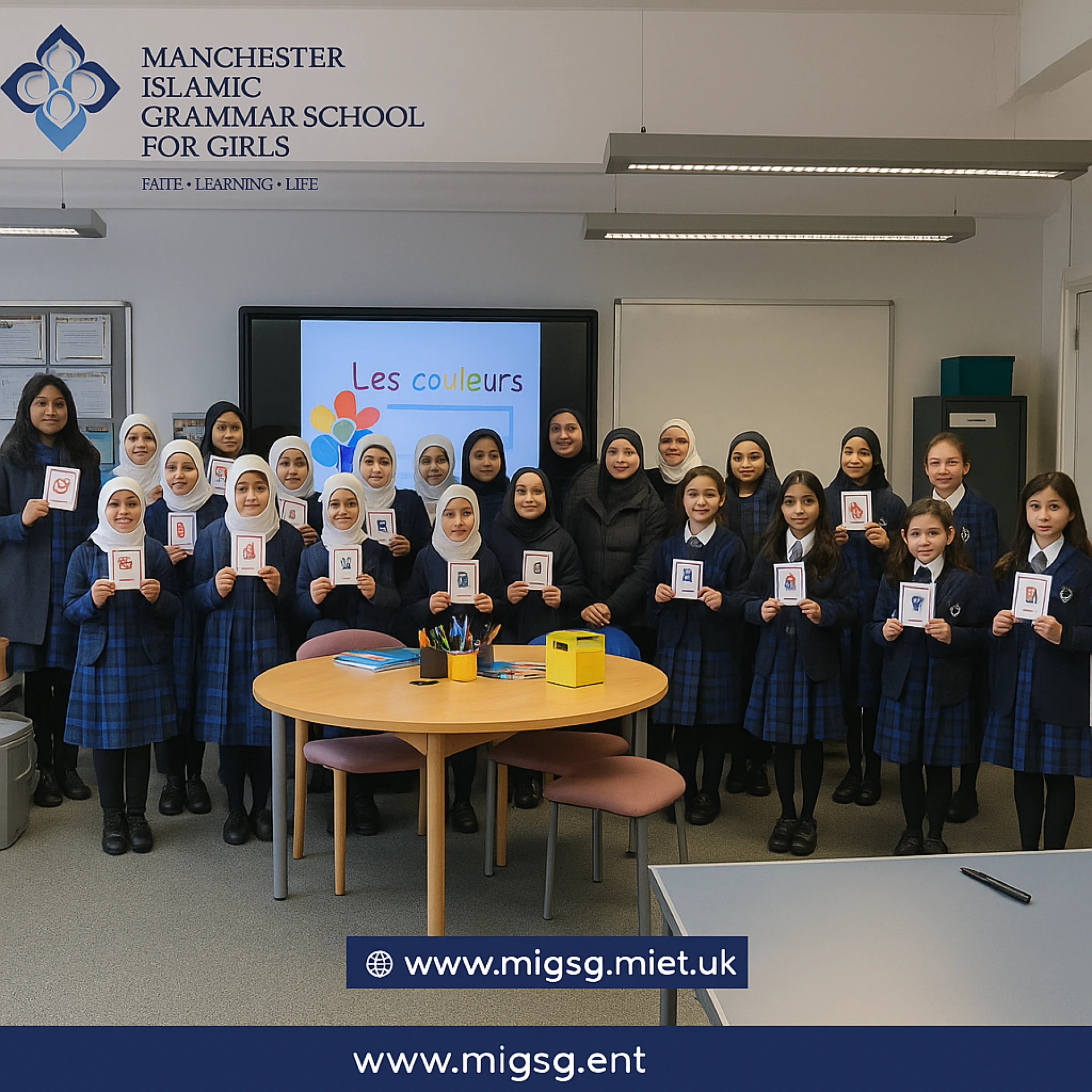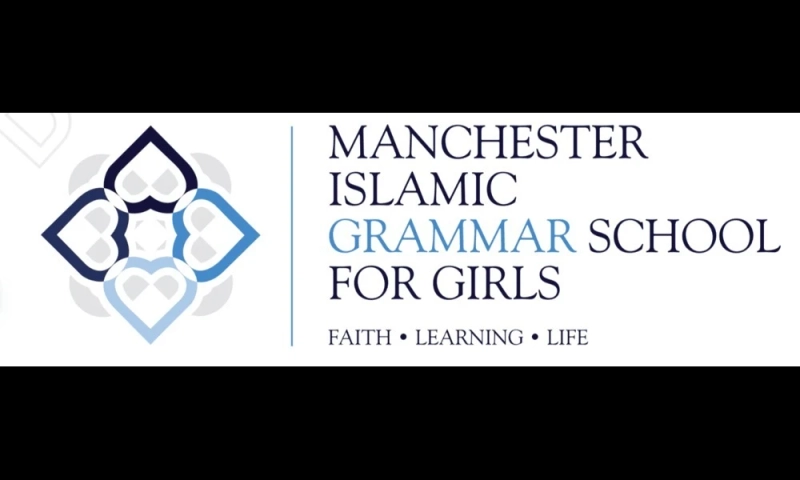Introduction:
Manchester is a culturally rich city with a diverse population, including a vibrant Muslim community. As Muslim families seek quality education rooted in Islamic values, Islamic schools in Manchester have emerged as vital institutions. These schools offer a balance between academic achievement and religious upbringing, ensuring students are equipped for both worldly success and spiritual fulfillment.

The Growing Need for Faith-Based Education
The demand for Islamic schooling in the UK, particularly in Manchester, continues to rise. Parents are increasingly concerned with providing their children an environment where they can maintain their Islamic identity while excelling in academics. Islamic schools meet this need by integrating national curriculum subjects with Islamic studies, Arabic language, and Qur’anic education.
Variety and Choice
Manchester hosts a range of Islamic schools, including:
- Manchester Islamic Grammar School for Girls (MIGSG)
- KD Grammar School for Boys
- Manchester Muslim Preparatory School (MMPS)
- Manchester Islamic Educational Trust (MIET) schools
Each institution caters to different age groups and academic levels, ensuring a consistent faith-based education from early years through to GCSEs.
What Sets Islamic Schools Apart
Islamic schools in Manchester distinguish themselves through:
- Daily prayers and regular Qur’an classes
- Modesty in dress and behaviour
- A moral code rooted in Islamic ethics
- Encouragement of community service and charitable work
These values foster well-rounded individuals who not only excel academically but also contribute positively to society.
Academic Standards and Ofsted Ratings
Many Islamic schools in Manchester are recognised for their strong academic performance and positive Ofsted inspections. Schools like MIGSG and KD Grammar consistently report impressive GCSE results, making them competitive with mainstream schools.
Cultural Confidence and Identity
At Islamic schools, children grow up surrounded by teachers and peers who share and respect their faith and culture. This contributes to high self-esteem, stronger identity formation, and fewer incidences of discrimination or bullying.
Facilities and Extracurricular Activities
Modern Islamic schools provide facilities such as science labs, ICT suites, sports halls, and libraries. Extracurriculars like debate clubs, sports, Hifz programmes, and charity events ensure students are engaged beyond the classroom.
Conclusion:
Islamic schools in Manchester offer a vital combination of academic achievement and faith-based values. For Muslim families, these institutions serve as a trusted environment where children can thrive intellectually, socially, and spiritually. As these schools continue to grow and innovate, they play an essential role in shaping the future of the community.


